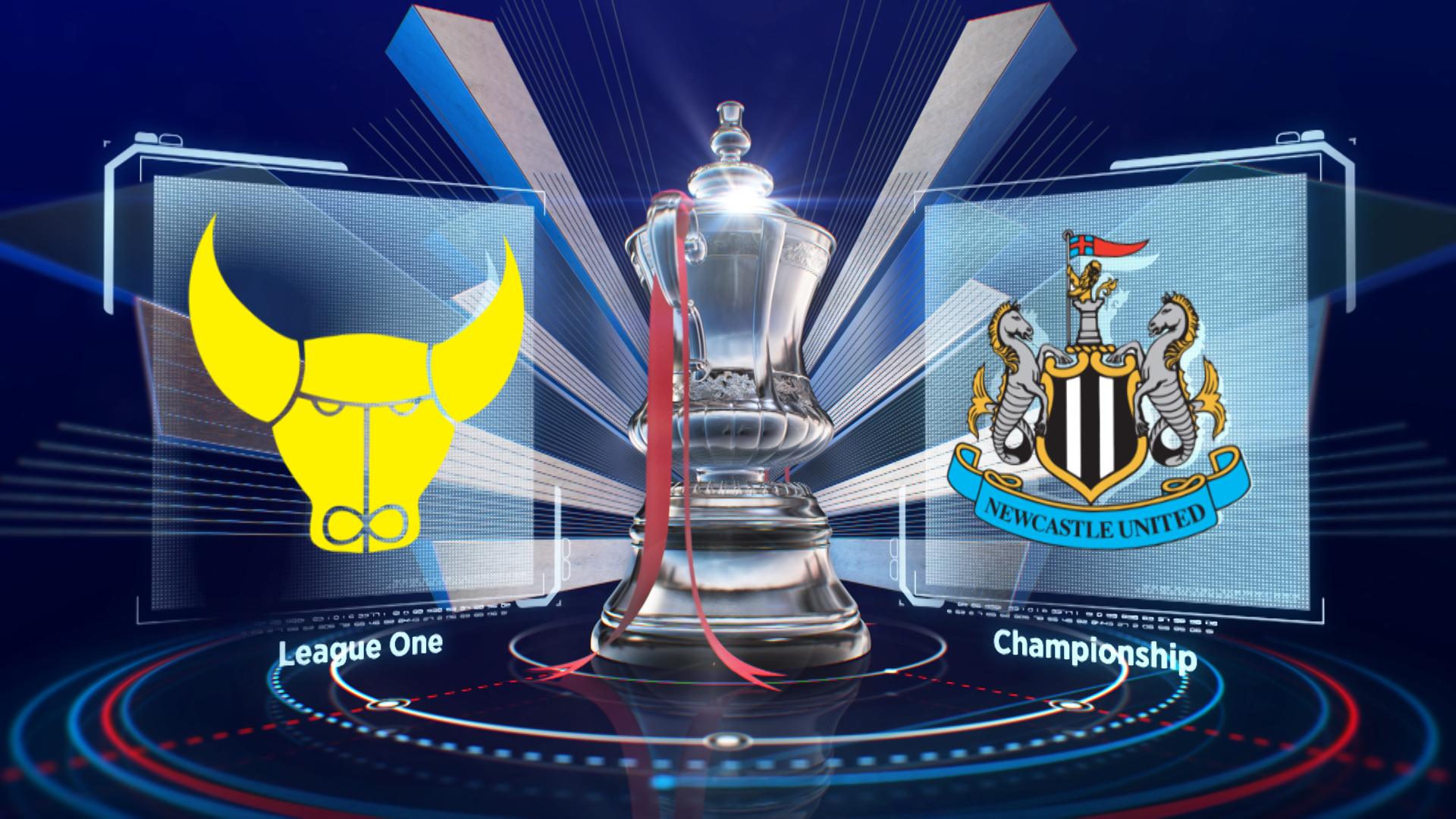Checkatrade Trophy: Revamped competition has a future - EFL chief Shaun Harvey
- Published
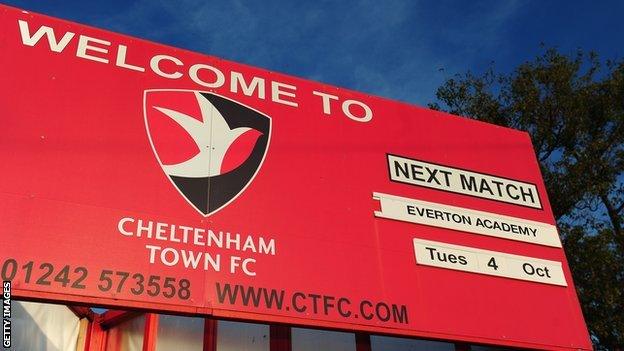
Cheltenham Town faced Everton's Under-23 team during the group stage
The Checkatrade Trophy "does have a future" in its revamped format, says EFL chief executive Shaun Harvey.
The EFL was criticised heavily after teams from the Premier League and Championship with Category One academies were invited to compete.
With League One and Two clubs fined for picking weakened teams, Bradford changed their goalkeeper after three minutes, external to comply with the rules.
But Harvey told BBC Sport the "pilot" was "certainly worth doing".
Harvey was speaking in the build-up to Sunday's all-League One final between Coventry City and Oxford United.
He added: "Ultimately the comparison was a competition previously where clubs were as interested in getting knocked out in the first round as they were in getting to the final. That can't bode well for the longevity of the competition.
"What we have created gives us a real opportunity of using this competition for the benefit of our clubs, the benefit of young players in this country and, as we will see on Sunday, the benefit of in excess of 70,000 fans hoping to cheer their side to victory."
The background
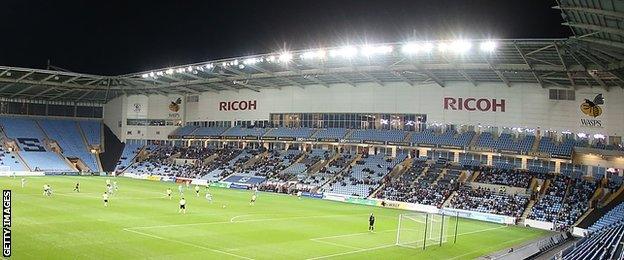
Coventry were not alone in getting small crowds for the early rounds, but will take in excess of 40,000 fans to Sunday's final at Wembley
In July 2016, the EFL invited 16 clubs with Category One academies to compete in the EFL Trophy, traditionally a knockout competition for League One and Two clubs that ends in a Wembley final.
Fifteen came from the Premier League, with Newcastle from the Championship. Six - Arsenal, Liverpool, Manchester City, Manchester United, Newcastle and Tottenham - decided not to take part.
Eight of the 16 invited teams, including Chelsea, failed to qualify from their four-team group, while Swansea went furthest - losing in the quarter-finals.
Harvey said: "There is no doubt this competition would benefit from the more senior, higher-profile clubs playing in it next year. They will make their own choice.
"The support we have had from the Category One clubs that did compete will make it a lot easier for those clubs to join next season when they can see, very clearly, the benefits that come from competing."
The future of the competition will be decided by League One and Two clubs at a meeting on 11 April.
The stats
27% of players who started EFL Trophy matches were English under-21s (up from 23% in 2015-16, and 18% in 2014-15).
62 English under-21 players started three or more games for the 16 invited teams.
League One and League Two clubs have received more than £1.5m in prize money, compared with £478,000 in 2015-16.
Average attendances up to and including the semi-finals fell to 1,404 (from 3,221 in 2015-16).
Six months after starting a group game against Charlton, Southampton's Jack Stephens, 23, was in the team for the EFL Cup final defeat by Manchester United in February.
A crowd of 274 watched West Brom's B team lose at home to Gillingham on 8 November, the lowest crowd in this season's competition.
Sponsorship income has risen by 35%.
In November, 12 EFL clubs were fined for making too many changes to their EFL Trophy starting line-ups during the group phase. Luton - who reached the semi-finals - were fined £15,000 despite winning two of their three matches.
The EFL's view
Harvey on attendances: "Some were exceptionally disappointing. Some of that was due to the speed it was put into format. Some of it was uncertainty about whether it was the thin end of the wedge in terms of trying to get B teams into the established league programme. There was never a suggestion, from anybody at the EFL, Premier League or the Football Association, that this was a precursor to that.
"Even with the Champions League there is often reference in the media to meaningless games in the group stages. We created group football in a competition that has not got the same profile as the Champions League. Yet we seem to have been set upon for creating this competition that nobody wanted. The reality is the competition was in decline. We have tried to do something to reinvigorate it. We believe we have."
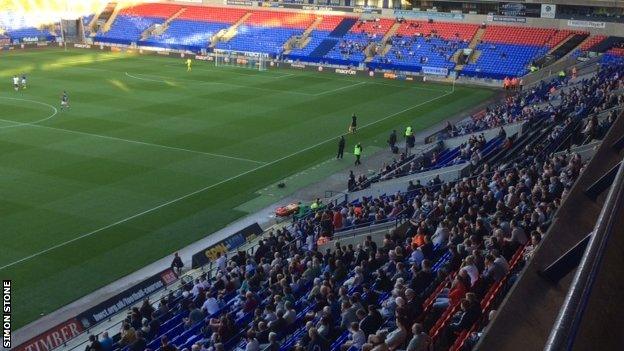
The crowd of 1,540 that watched Bolton played Everton's development squad was the lowest-ever at the Macron Stadium
Harvey on fines: "If we hadn't had some form of restriction around the strength of teams our clubs could play, it would have been like another version of the Youth Cup or of a reserve team league.
"There is an age-old debate about whether you should be fined for playing a weakened side if you win. In the review of this competition, we have accepted we have to look at the definition of 'full-strength sides'. We didn't actually fine clubs for playing younger players. We fined them for not playing enough senior ones."
Harvey on the problem of developing young players: "It is a concern there is great talent in this country that is not getting an opportunity to experience senior football as early as a lot of clubs would want.
"Let's be under no illusions. The EFL Trophy, on its own, is not the answer. But I certainly think it is a big part. What goes alongside it is a manager like Claude Puel at Southampton, who rather than play players out of position, has chosen to give young players a chance, having seen them come through, not just in the academy but also in a real game situation, where winning does matter."
- Published27 March 2017
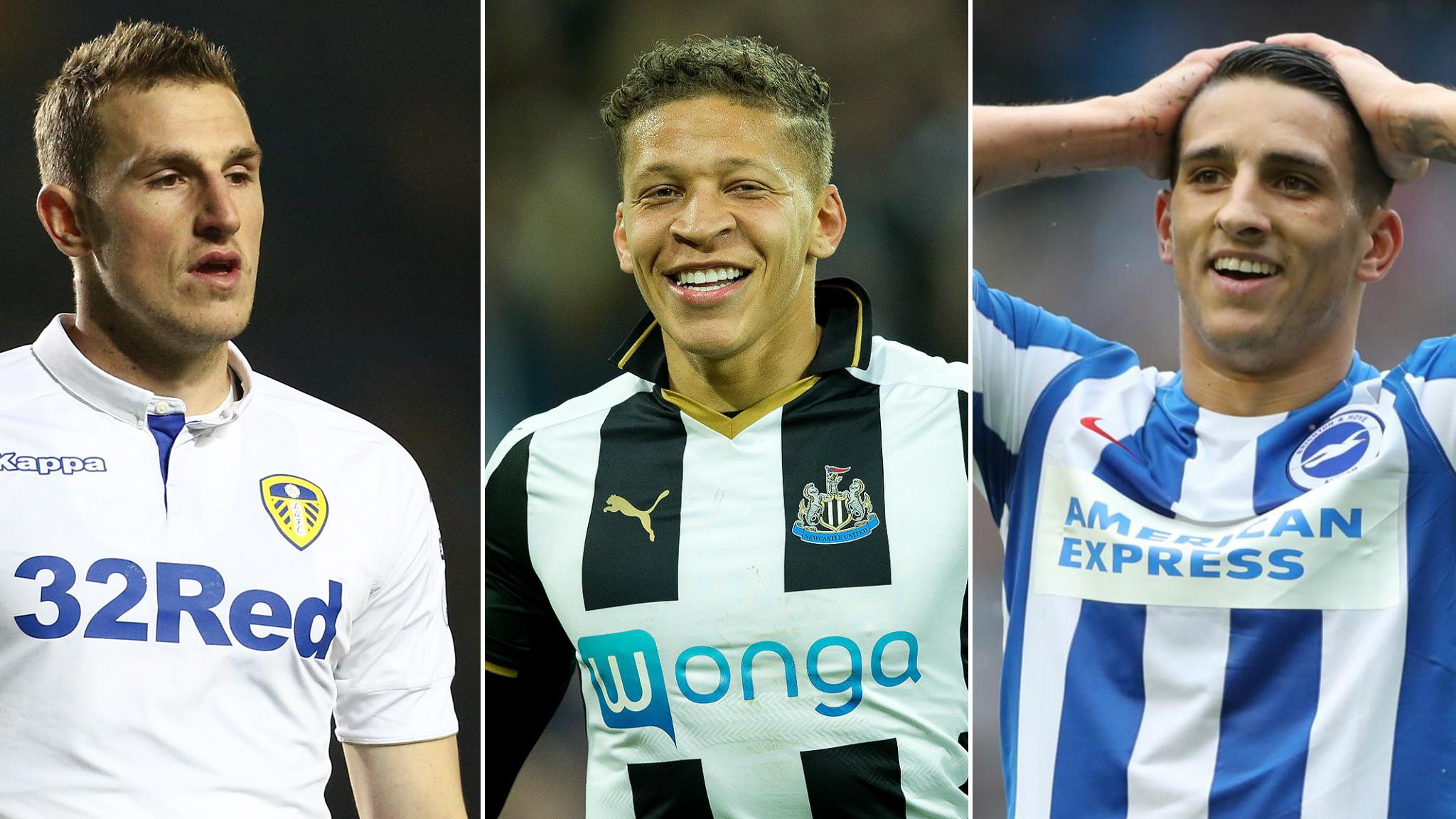
- Published25 March 2017
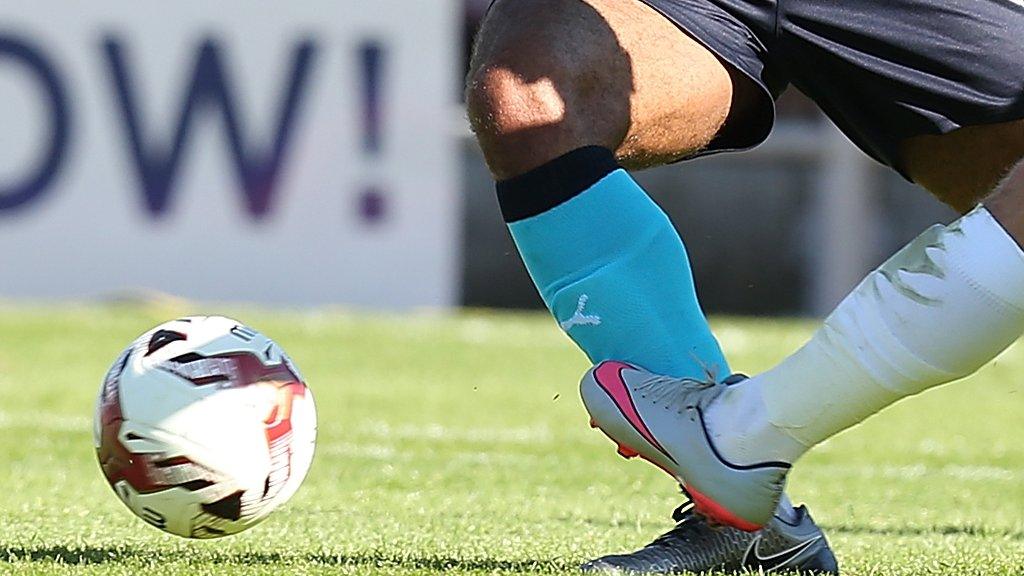
- Published28 January 2017
